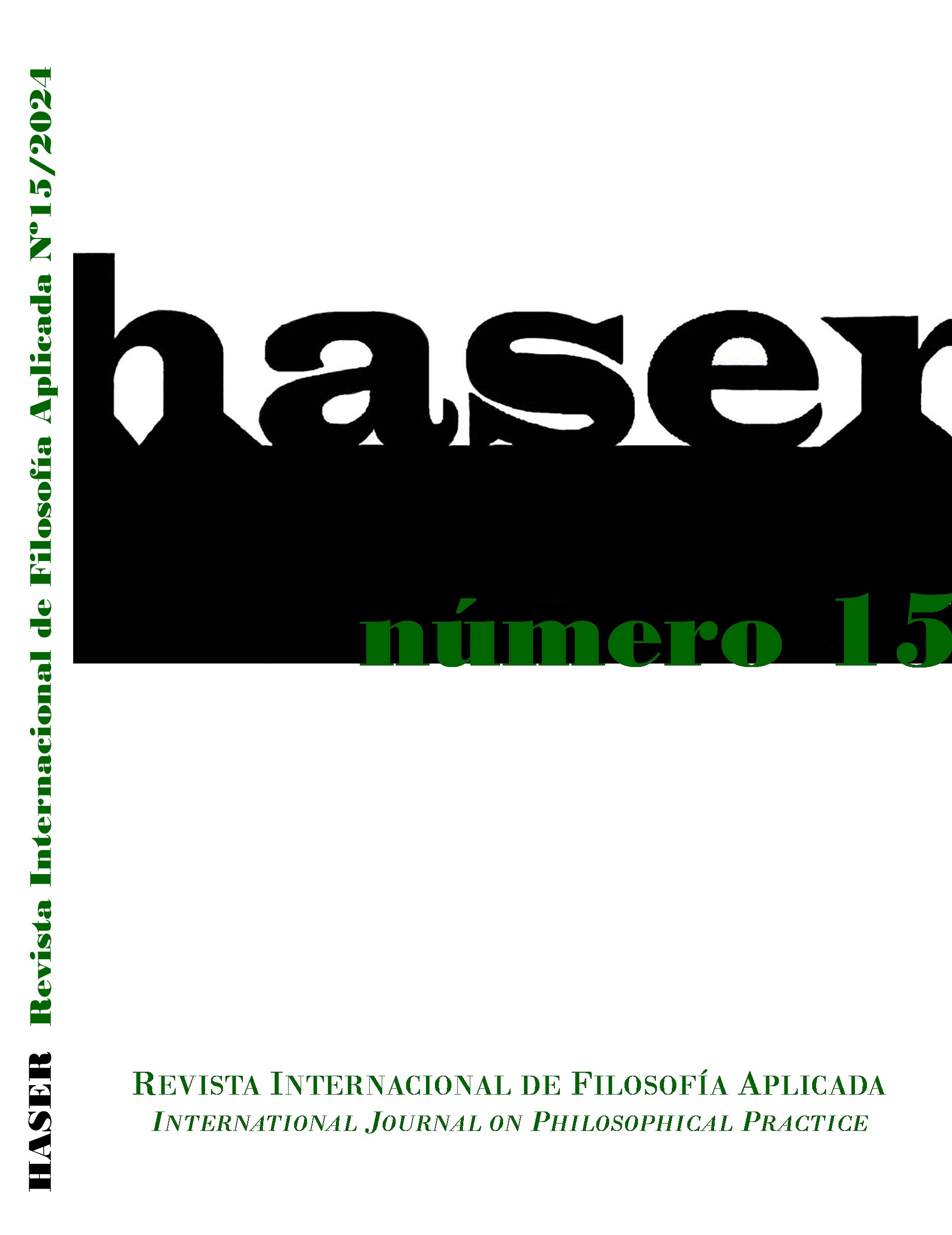Philosophy for Children. A project to learn to philosophize
Abstract
This article highlights the place of the Philosophy for Children (P4C) proposal by Matthew Lipman and Ann Margaret Sharp in contemporary education, highlighting its central postulates, its relevance and philosophical tradition, as well as suggestive lines for those who want to make this practice a concrete way to philosophize inside and outside the classroom. The authors, leaders of Philosophy for Children centers in Mexico, Spain and Colombia, propose an P4C analysis from four perspectives: the delimitation and scope of the proposal, its community and dialogic dimension, the solid construction of thought and the role of the teacher facilitator in the practices of Philosophy for Children. This structure aims to open a reflection on the way in which this proposal can be understood as a practice of philosophical education and also an invitation for those who want to know its philosophical and pedagogical scope. A provocation to make the classroom a community of dialogue and the community of dialogue a lifestyle that results in a mode of democratic citizenship in which critical, creative and careful thinking is the starting point.
Downloads
Downloads
Published
How to Cite
Issue
Section
License
Los autores/as que publiquen en esta revista aceptan las siguientes condiciones:
1. Los autores/as conservan los derechos de autor y ceden a la revista el derecho de la primera publicación, con el trabajo registrado con la licencia de atribución de Creative Commons, que permite a terceros utilizar lo publicado siempre que mencionen la autoría del trabajo y a la primera publicación en esta revista.
2. Los autores/as pueden realizar otros acuerdos contractuales independientes y adicionales para la distribución no exclusiva de la versión del artículo publicado en esta revista (p. ej., incluirlo en un repositorio institucional o publicarlo en un libro) siempre que indiquen claramente que el trabajo se publicó por primera vez en esta revista.
3. Se permite y recomienda a los autores/as a publicar su trabajo en Internet (por ejemplo en páginas institucionales o personales) antes y durante el proceso de revisión y publicación, ya que puede conducir a intercambios productivos y a una mayor y más rápida difusión del trabajo publicado (vea The Effect of Open Access).


